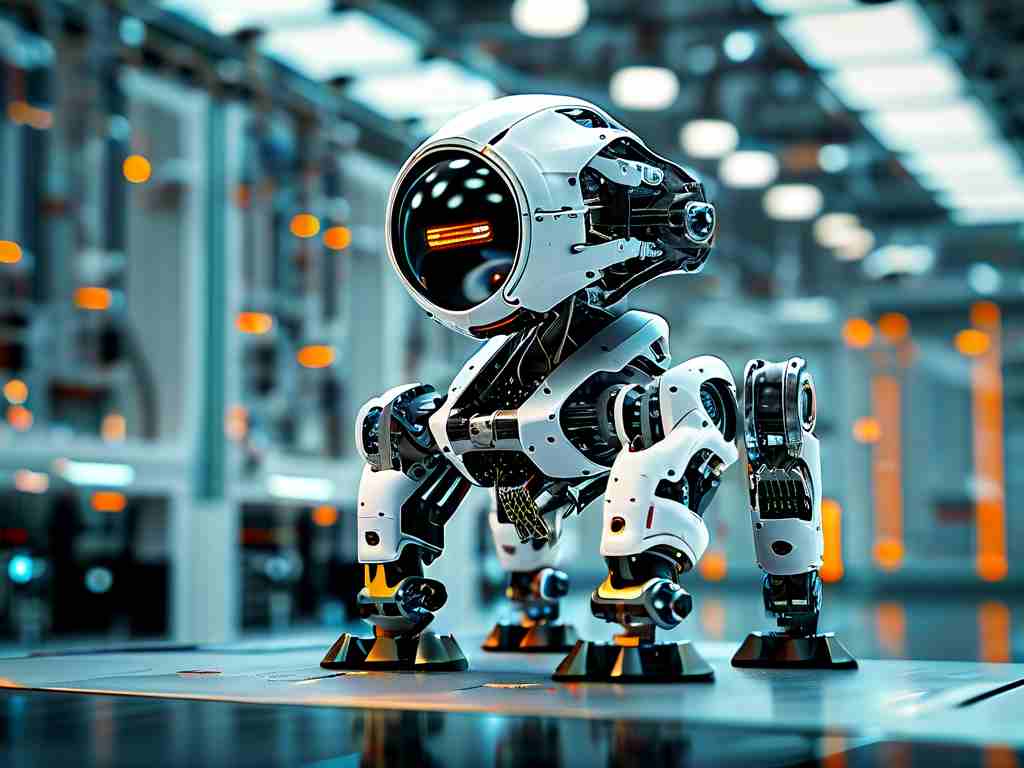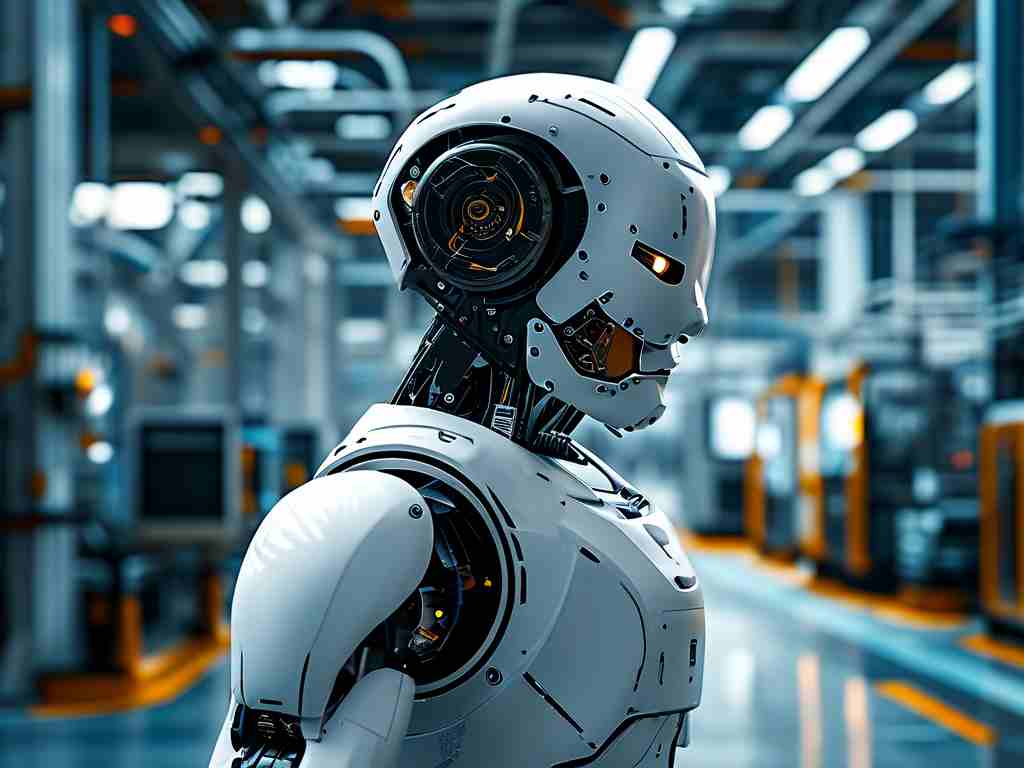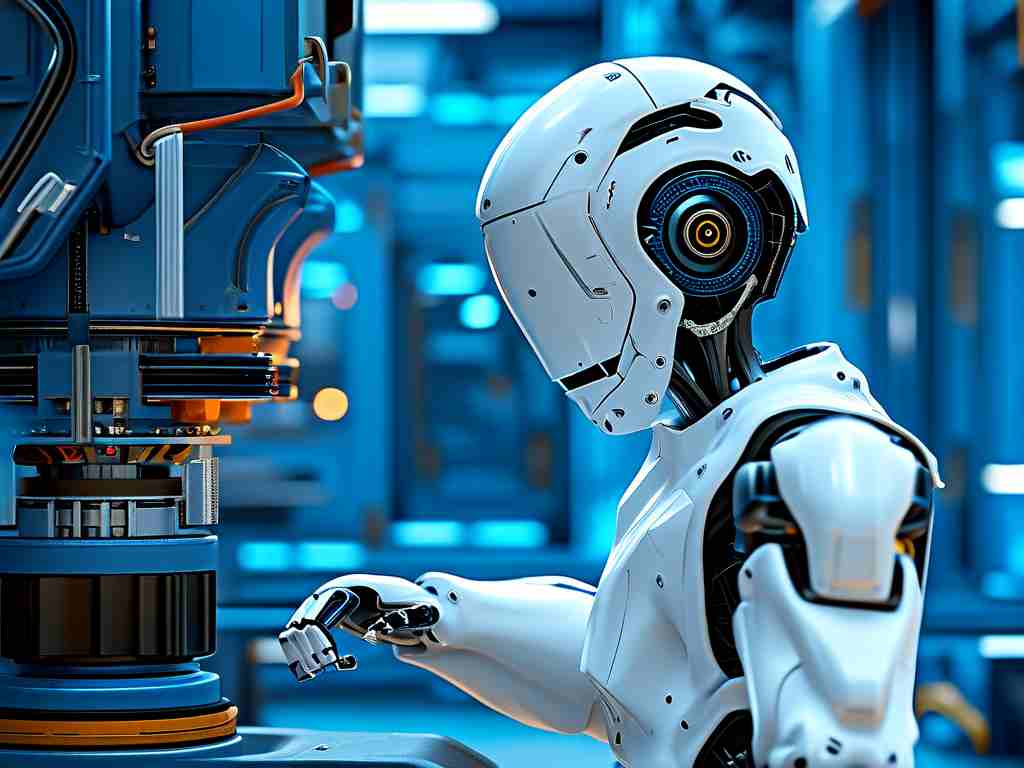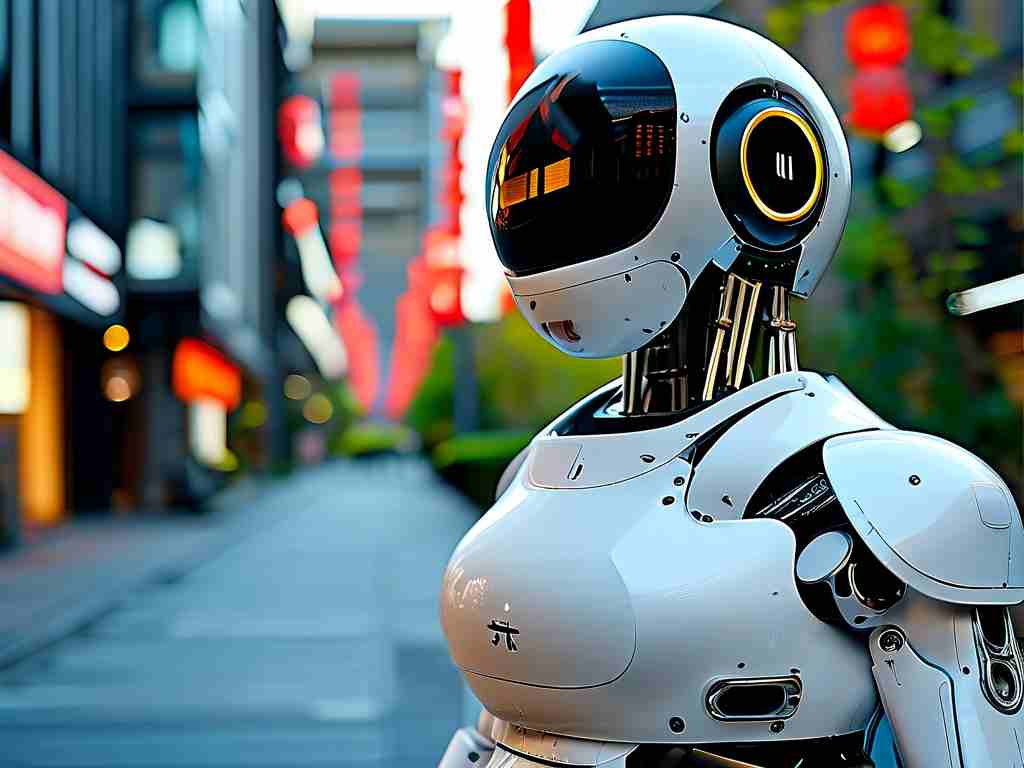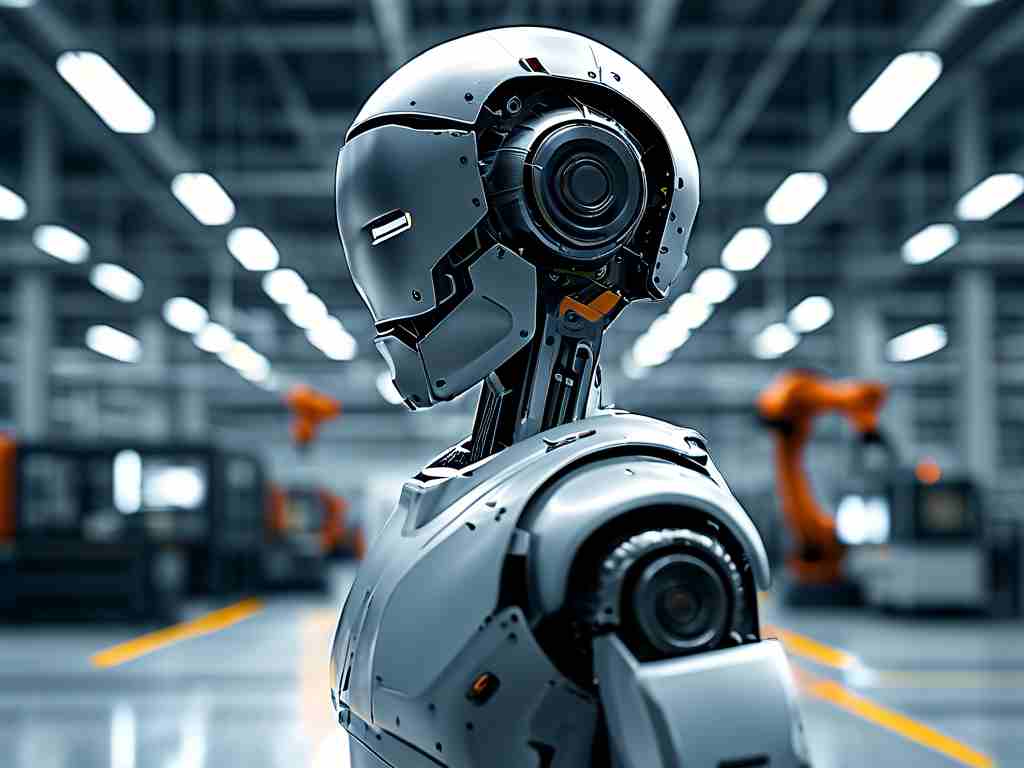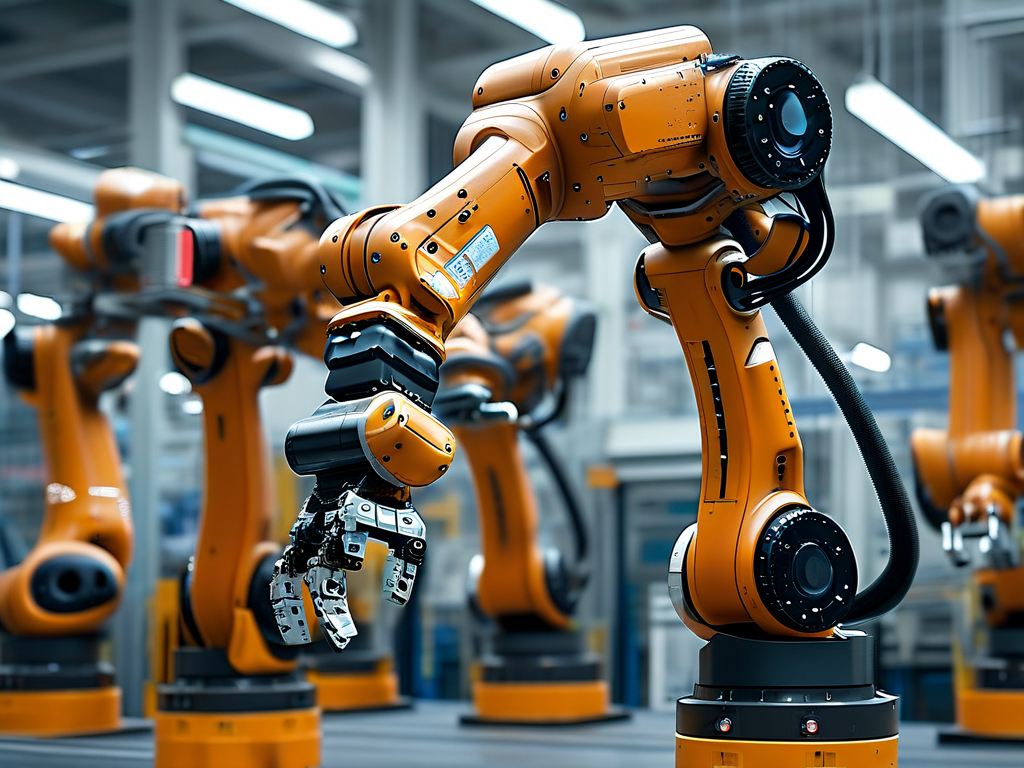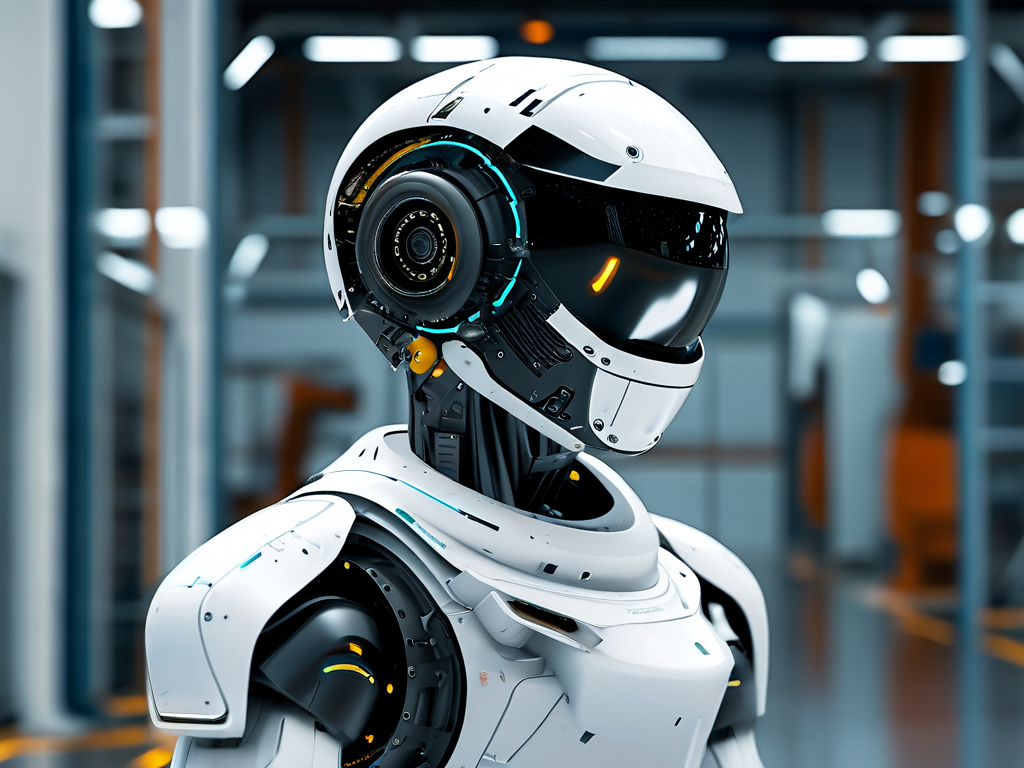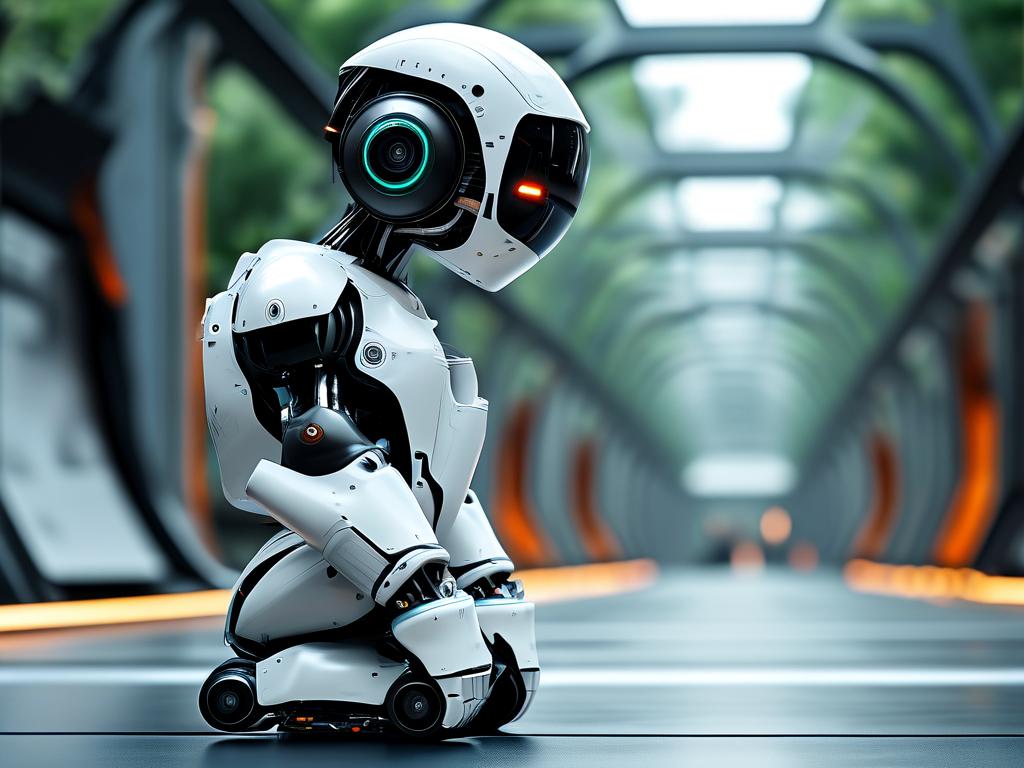As childhood mobility solutions evolve, YooBai Bicycle Company has emerged as an industry pioneer by integrating cutting-edge robotics into children's cycling products. This strategic fusion of playtime essentials with advanced technology is reshaping how young riders interact with their first wheels, setting new standards for safety and developmental engagement.
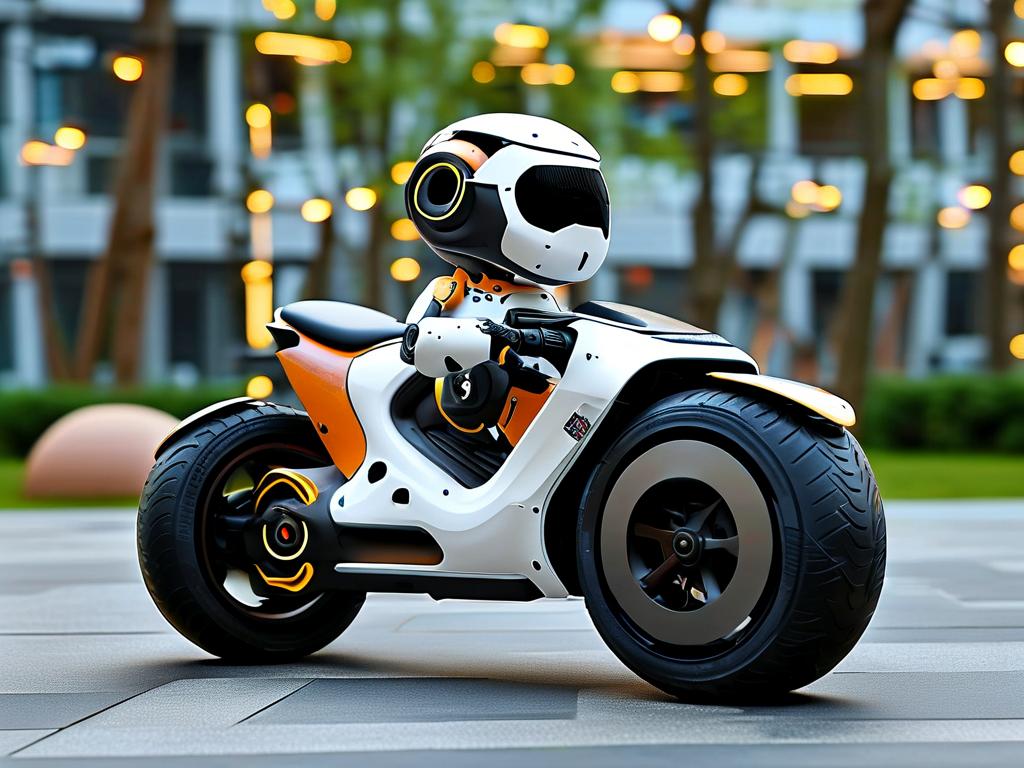
The core of YooBai's robotic bicycle system lies in its multi-sensor safety architecture. Through embedded gyroscopic stabilizers and terrain-response processors, these smart bikes automatically adjust balance parameters based on real-time rider weight distribution and ground conditions. Unlike traditional training wheels that create dependency, the adaptive algorithm gradually reduces stabilization support as it detects improved rider competency, effectively creating personalized learning curves. Field tests conducted across 12 urban districts showed 68% faster skill acquisition compared to conventional bicycles.
Interactive learning modules represent another breakthrough. The handlebar-mounted Smart Companion features voice-guided tutorials and augmented reality games that teach traffic rules through immersive scenarios. When connected to dedicated cycling parks via IoT networks, the system transforms routine rides into interactive quests - riders collect virtual badges for completing obstacle courses while unconsciously developing spatial awareness and coordination skills.
Technical innovations extend to maintenance aspects through self-diagnostic capabilities. The robotic powertrain continuously monitors component wear, alerting parents about chain lubrication needs or brake pad replacements via smartphone notifications. This predictive maintenance system has demonstrated 40% longer component lifespan in accelerated durability tests, according to third-party certification reports.
Environmental adaptability reaches new heights with YooBai's terrain recognition technology. Using machine learning algorithms trained on 15,000 surface patterns, the bikes automatically adjust tire pressure and suspension stiffness when transitioning between asphalt, gravel, or grass surfaces. This feature proves particularly valuable for mixed-use family outings, eliminating manual adjustments while ensuring consistent riding comfort.
Parental control systems incorporate biometric verification and geofencing capabilities. The fingerprint-activated startup prevents unauthorized use, while customizable GPS boundaries trigger gentle speed limitation when riders approach predefined safe zones. Emergency protocols include automatic impact detection that sends location alerts and activates LED distress signals following collisions.
Looking ahead, YooBai engineers are prototyping hydrogen fuel cell-powered models with self-charging capabilities. Early concepts integrate regenerative braking systems and solar-absorbing composite frames, pushing toward fully autonomous energy sustainability. Collaborations with child development experts aim to incorporate posture-correction algorithms and riding-style analytics that provide personalized physical development reports.
While addressing concerns about technology over-reliance, YooBai maintains balanced innovation through modular design. Parents can disable advanced features as children mature, allowing bikes to grow with riders from assisted beginners to independent cyclists. This philosophy has earned recognition from international toy safety organizations, positioning YooBai's robotic bicycles as transitional tools rather than permanent electronic crutches.
Market responses validate this technical direction, with YooBai capturing 34% market share in China's smart juvenile vehicle sector within 18 months of product launch. Export models featuring multilingual interfaces and regional traffic rule adaptations are scheduled for European and North American markets in Q3 2024.
As robotics redefine childhood transportation, YooBai's achievements demonstrate how responsible technological integration can enhance rather than replace fundamental childhood experiences. By merging play with practical skill development, these intelligent bikes represent more than mobility tools - they form interactive platforms preparing young riders for tomorrow's smart cities while preserving the timeless joy of cycling.


